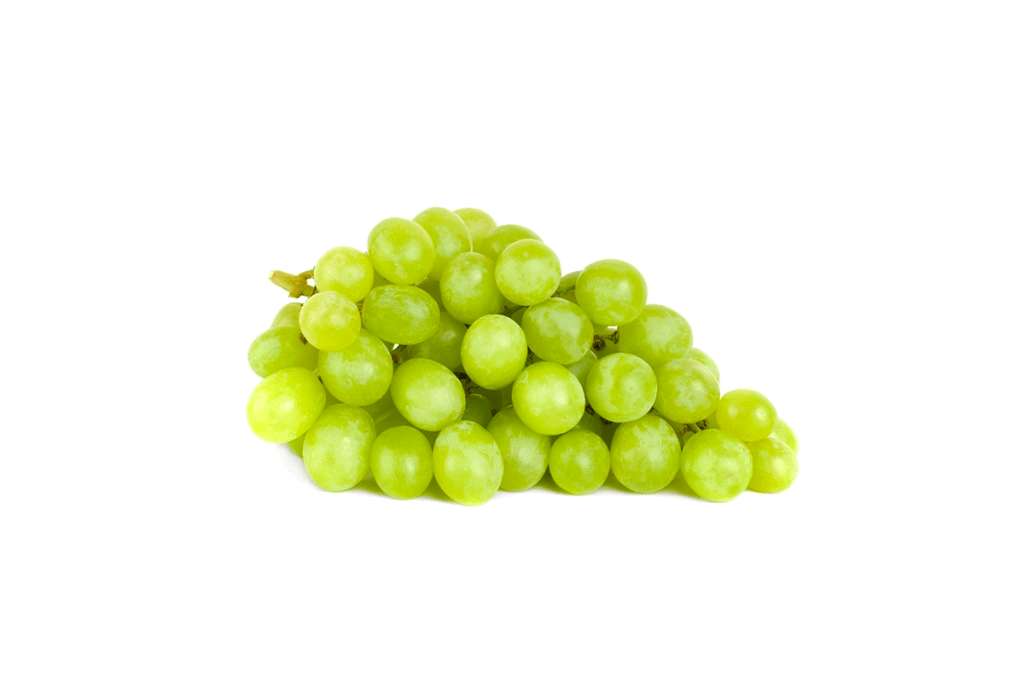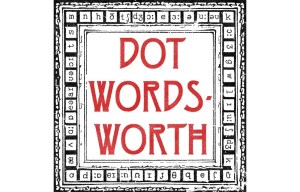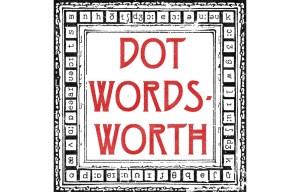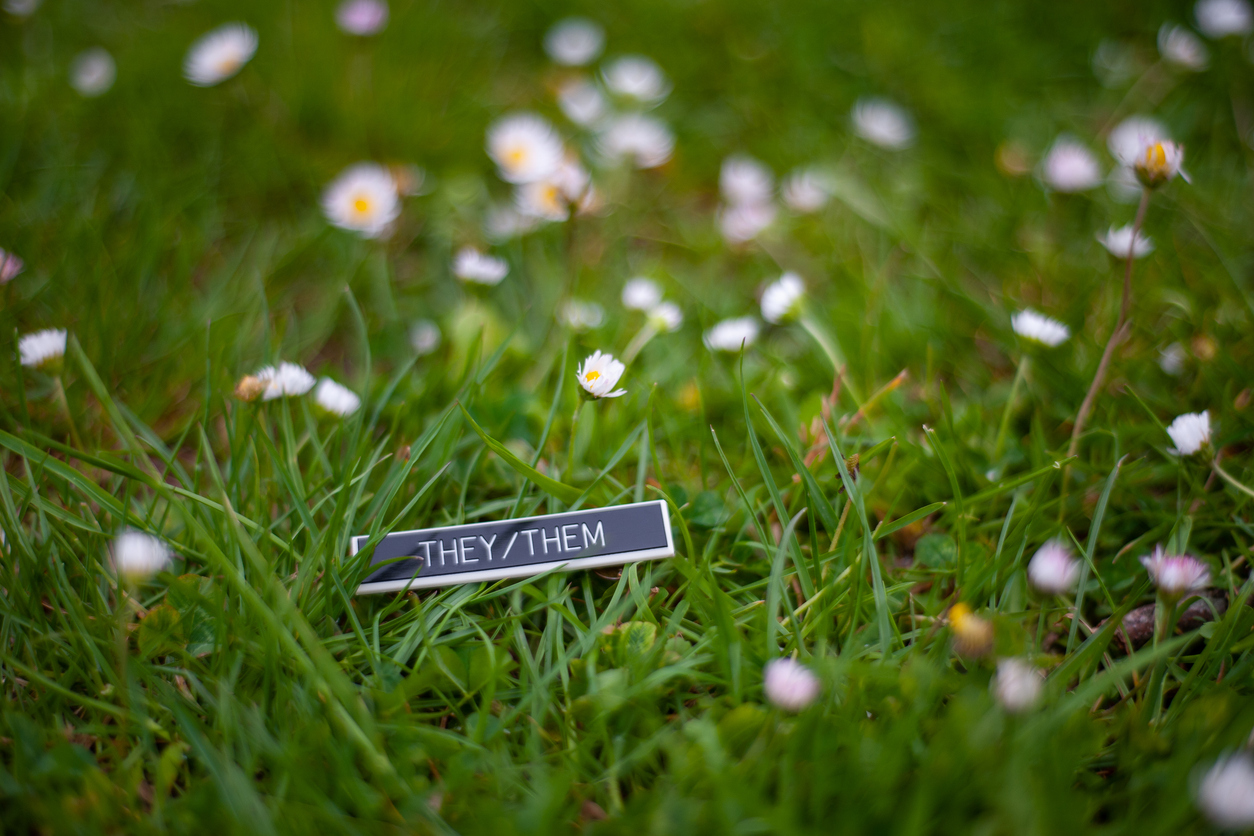“It’s very annoying when someone pulls a grape or two off the bunch,” said my husband, glowering at the “obscenely” denuded pedicels. To him it is a crime not to break off a cluster or cut its peduncle with grape-scissors.
For me a far more annoying trend is to use bunch in a strange new way. We are used to bunches of grapes with natural connections or bunches of radishes connected by being tied together. We have absorbed the application of bunch to socially connected groups, as in The Wild Bunch (film, 1969) or any old bunch of idiots.
But now it is used as a synonym for lots. “You spend a bunch of money without getting the benefit,” I read in the Guardian. That newspaper also quoted an explanation of the gains of nuclear fusion in which scientists “shot a bunch of lasers at a pellet of fuel and more energy was released from that fusion ignition than the energy of the lasers.” We could see this vogue usage coming, as for several years the phrase thanks a bunch has been in use, usually with irony.
It was something of a surprise to find that bunch originally meant a bump or hump, like that of a camel. The Oxford English Dictionary tells us that in 1398, our old friend John de Trevisa, in translating the encyclopedic De proprietatibus rerum by Bartholomaeus Anglicus, wrote: “The camele of Arabia hath tweye bonches on the bak.” I thought it was Arabian one hump and Bactrian two humps, or bunches, but the point remains.
Another surprise is how early bunch was used for a collection of people. “See what persons God hath picked out of all the bunch of the Patriarches, Prophets, Judges, and Kings,” wrote Thomas Jackson in 1622. In the next century, according to Boswell, Samuel Johnson said: “I am glad the Ministry is removed. Such a bunch of imbecility never disgraced a country.”
Bunch has been used of flocks of ducks, bundles of teasels and the fingers of the clenched fist (a bunch of fives). They all have some connection. It is a pity to lose the distinctive meaning of bunch, and its abusers don’t sound smart.
This article was originally published in The Spectator’s March 2023 World edition.

























